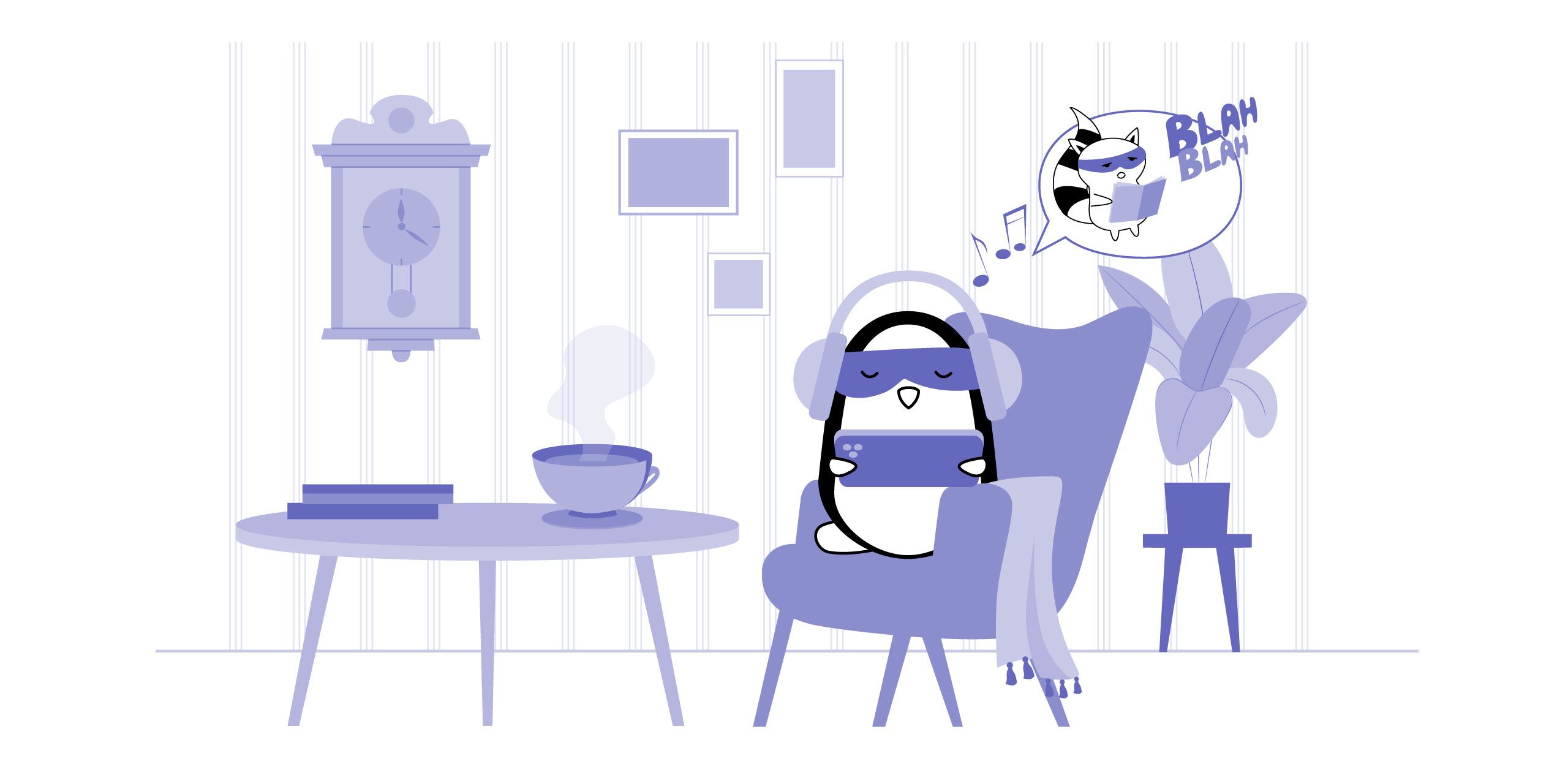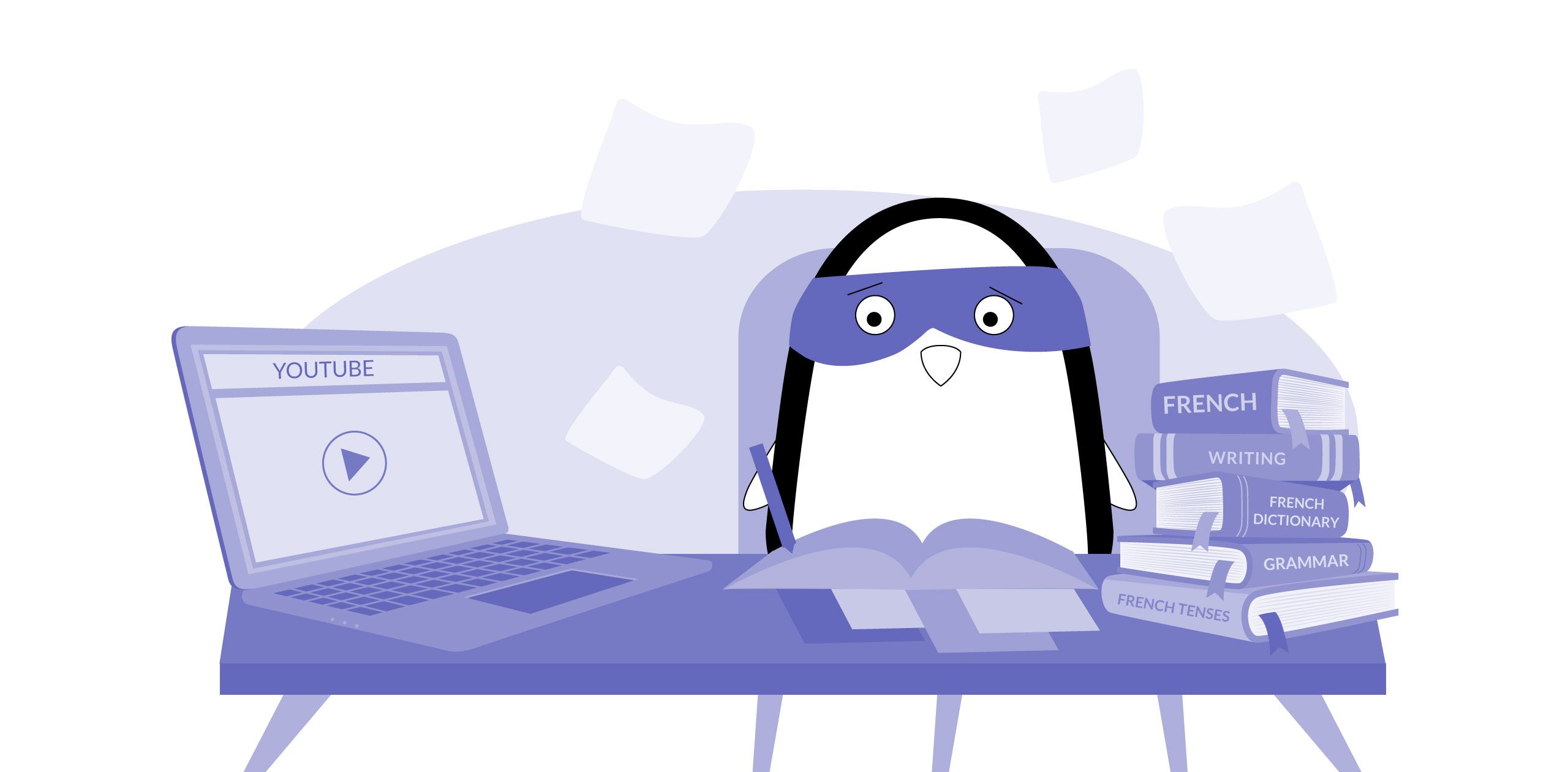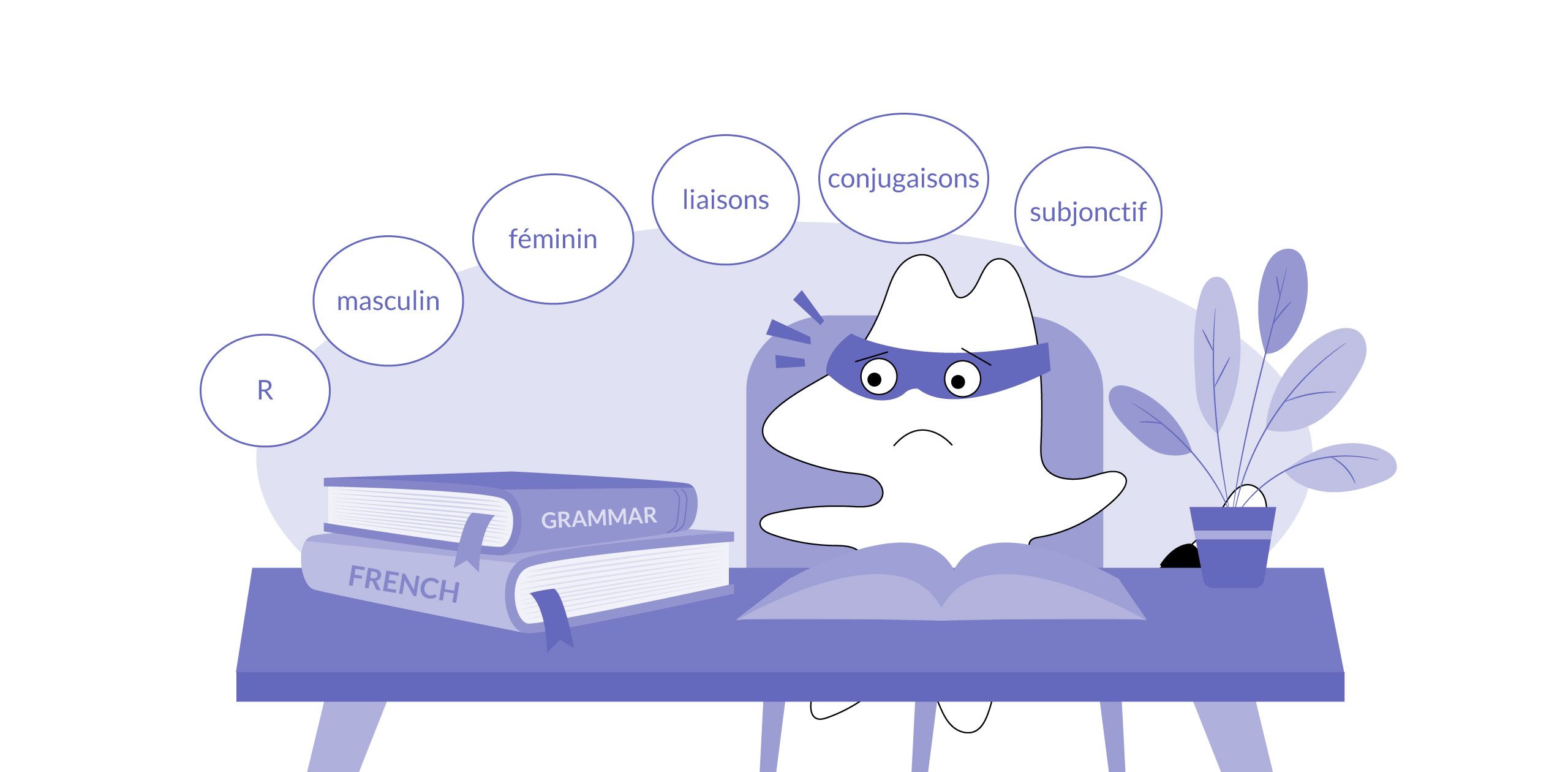
Anyone who tries to learn French can attest to the fact that it is not an easy language to master. There are a number of grammar rules which you must learn, as well as other important aspects of the language. Pronunciation, listening, and vocabulary will certainly present a challenge.
Furthermore, French is quite different from English and can be difficult for English speakers to learn. However, with a little bit of hard work and perseverance, anyone can learn to speak French fluently. You just need to know how to tackle the most challenging topics – we're here to help with that.
Below, you will find a list of the main challenges language learners encounter when taking on French and discover how to overcome them as quickly as possible. Read on.
1. French Grammar Can Be Painful
Many native English speakers find French grammar to be quite challenging, as there are a number of rules that are different from English.
For example, in French requires gender agreement for nouns and adjectives, which can be difficult to manage, as grammatical gender doesn’t always relate to the gender of the object or person it defies. Additionally, the conjugation of verbs can be tricky, taking into account the number of irregular verbs you have to memorize.
Then there’s an issue of the subjunctive mood, which is used so rarely in English, it can be hard to understand when to utilize it correctly. All that doesn’t make the life of native English speakers easier when learning the French language.
We have some good news, though. The three issues mentioned above – gender, conjugation, and subjunctive mood – are the most challenging aspects of French grammar. Once you manage them, your journey of learning French will get much easier. And, to shed some light on these topics, here are a few quick grammar explanations that should help you.
Gender
In French, you need gender agreement with nouns and adjectives. This means that you need to know the gender of each noun (masculine or feminine), as well as the gender of the adjectives that describe them. For example:
- Le chien est un animal. (The dog is an animal.) The words “animal” and “chien” are both masculine.
- La chatte est une bête. (The cat is a beast.) The words “chatte” and “bête” are both feminine.
- Elsa et Emily sommes fatuigees. (Elsa and Emily are tired.) We are talking about two girls, which is why a second e is added to the adjective ending.
In some cases, it can be quite easy to determine a word’s gender based on the ending. For example, here are the most common words ending that usually mean the word is feminine:
- e, -ine, -ise, -alle, -elle, -esse, -ette, -euse, -ance and -ence;
- tion, -sion, -son;
- ure, -ude, -ade;
- ée, -té, -ière.
And here are the “masculine” endings:
- ste and -tre;
- u, -ou, -oir;
- me, -ment, -isme;
- ble and -cle;
- eau and -eur;
- age and -ege;
However, there are many exceptions to this rule, which can be a bit confusing. To make sure you’re using the word’s gender correctly, it’s always a good idea to check it in the dictionary. And to make sure you don’t make a mistake in the future, learn the French nouns together with their articles – for example, le chien. This will help you remember the noun’s gender further on.
Conjugations
Just like other Romance languages, French has verb conjugations. This is one of the most tricky aspects of French grammar, taking into account the number of exceptions you have to memorize.
In French there are 3 different conjugations for regular verbs (-er, -ir, and -re), each with its own set of rules. And then there are irregular verbs, which don’t follow any specific patterns and thus are even more difficult to conjugate.
To make things more complicated, the French language has a number of verb tenses that don’t exist in English. So not only do you have to learn how to conjugate verbs, but you also need to know when to use each tense.
Fortunately, there are some tips that can help you master verb conjugations quickly. We recommend:
- Try to focus on one verb at a time and practice using it in different contexts and tenses.
- Create your own sentences with verbs you’re struggling to conjugate, so that you can memorize the correct forms more easily.
- Make sure to take advantage of online resources and grammar books, as they can be very helpful when it comes to learning French verb conjugations.
- Good old drilling helps many people – repeat the verb conjugations out loud as often as possible. You can also use flashcards for that matter.
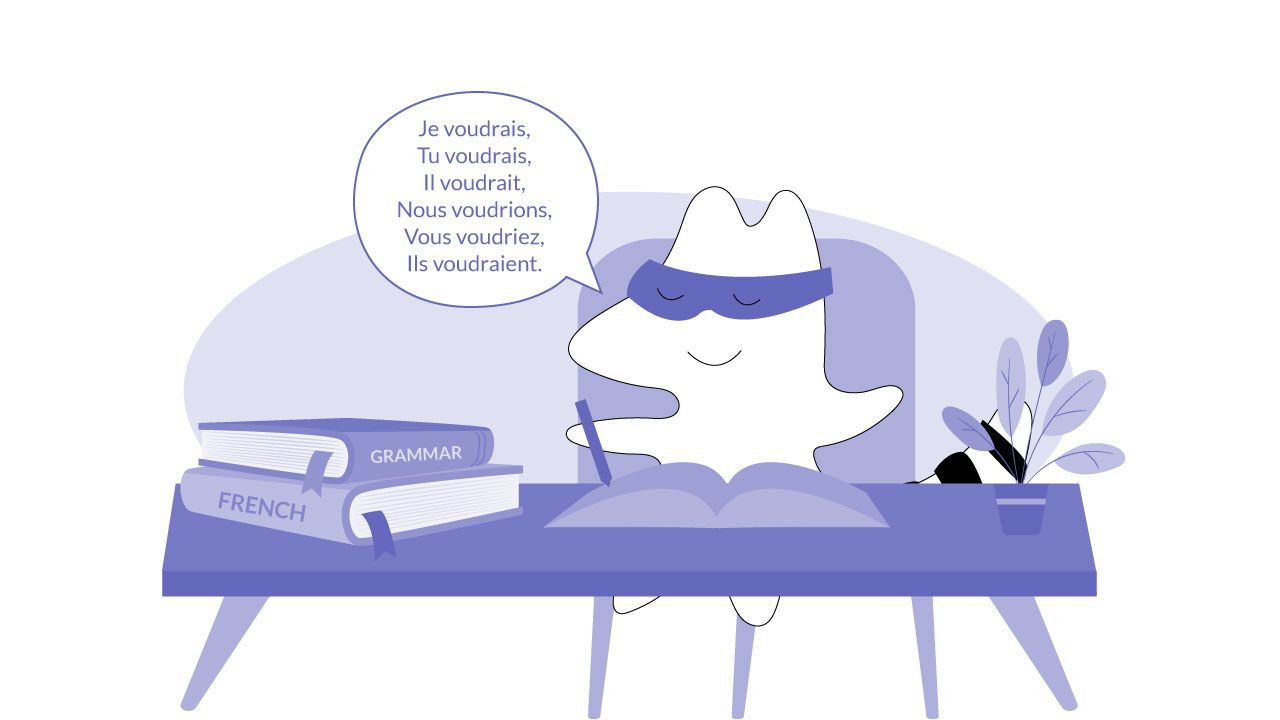
Subjunctive Mood
The subjunctive mood is used quite rarely in English, which can make it difficult to understand when to use it in French. This mood is used to express doubt, uncertainty, or wishes towards a fact or idea. It’s often found in subordinate clauses, and its main purpose is to add nuance or subtlety to a sentence.
In order to properly use the subjunctive mood in French, you need to know when to use it and how to form it, which means remembering all the correct subjunctive verb endings and context it’s used in. Some good rules to master it are:
- To memorize the verb conjugations, start with the most commonly used irregular verbs: aller, être, avoir, venir, prendre. Learn a few regular verb conjugations in the subjunctive mood to memorize the regular endings.
- Memorize the most common grammatical structures the subjunctive is used with:
| Il faut que | It is necessary |
| Je veux que | I want that |
| C’est intéressant que | It is interesting that |
| C’est dommage que | It’s a pity that |
| C’est étrange que | It’s strange that |
- When learning the conjugations, repeat “que” before the verb – for example, “que tu le fasses.’ This will help your brain to correlate the new conjugation rules with the traditional subjunctive structure of “que” + verb.
2. French Pronunciation Can Be Tricky to Get
When learning French, pronunciation can be one of the biggest challenges. This is because there are a number of sounds in French that don’t exist in English. In addition, the French accent is quite different from the American or British accents, which can make it difficult for English speakers to understand French speakers.
Some of the most challenging sounds of the French language include:
The Letter R
The letter “r” can be quite difficult for English speakers to pronounce correctly, as there are a few different ways to say it in French. In general, the French “r” is pronounced by placing the tip of your tongue on the roof of your mouth and curling it backwards, so that it touches your back teeth.
A simple and fun way to say it is to say the sound /g/ (this will get your tongue in a necessary position) and then gargle a bit. This might take some practice to get used to, but with a little bit of effort you’ll be able to pronounce the letter “r” like a true French person.
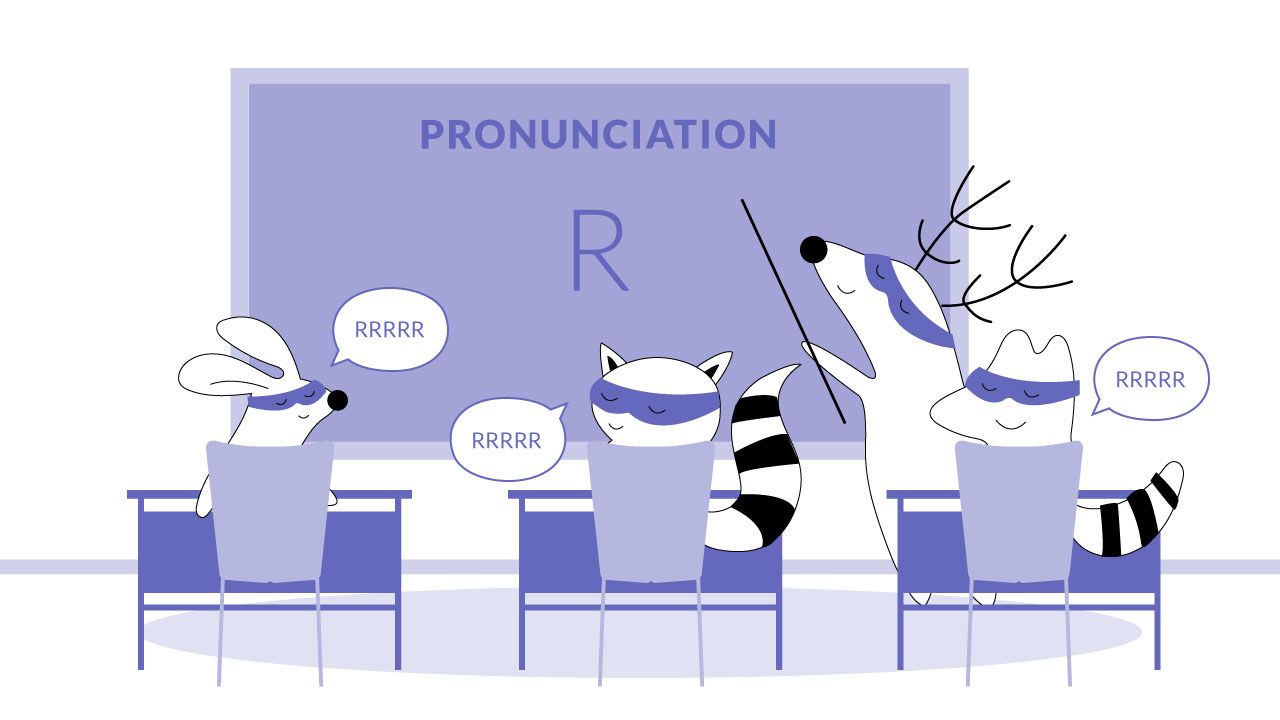
Silent Letters
Silent letters don’t have an audio equivalent when they’re pronounced, and as a result, they can be tricky to get the hang of. There are a number of rules you need to follow to use them correctly, but don’t worry – with a little time and practice, you’ll find them much easier than expected.
The main thing to remember when it comes to silent letters is that they usually exist to make the pronunciation of a word easier and the rhythm sentence more flowing. This is also the reason why the French language is full of liaisons:
Liaisons
Liaisons (or linking) is an important aspect of the French pronunciation that helps make the language sound more fluid and natural.
Liaisons are created when a word ending in a silent letter is followed by a word that begins with a vowel, and in order to create the liaison, the first letter of the following word is pronounced as if it was part of the first word.
For example, you wouldn’t normally pronounce the n at the end of bon. However, when used in a phrase “Bon anniversaire !”, it will sound like “bon⤻anniverser/.
Native
Translation
Bon anniversaire !
Happy birthday!
Nasal Vowels
One of the most challenging aspects of French pronunciation is the nasal vowels. This is because they are not used that commonly in English, and as a result, they can be difficult to get the hang of. Nevertheless, nasal sounds are part of even the most basic words – such as “bon” above – which is why mastering them is a must.
There are a few things you need to remember when it comes to nasal vowels:
- Nasal vowels are created when you pronounce a vowel while exhaling through your nose.
- There are four nasal vowels in French: /ã/ (pronounced as ang in 'sang', /ɛ̃/ (pronounced like ahn), /õ/ (pronounced like ohn), and /œ/ (pronounced like uhn).
- Nasal sounds are not followed by another vowel – in that case, they will be pronounced as regular vowels.
Pronouncing the nasal vowels can seem a little tricky for a native English speaker, but here’s a tip: in English, there also are three nasal sounds. Try to say “sing” or “song” – notice how at the end of these words, the air inside your mouth gets blocked when the back of your tongue presses against the soft palate. This is the way to pronounce the nasal vowels in French as well.
3. Understanding Spoken French Can Be a Huge Challenge
Spoken French can be a huge challenge for new learners. Not only do they have to worry about learning all the different grammar rules, but they also have to understand the spoken language which can be quite fast-paced and full of slang words.
Although it can be difficult, it is not impossible to learn to understand spoken French. Here are a few tips that can help:
- Listen to French audio and videos as often as possible. The more exposure you get to the spoken language, the easier it will become to understand it.
- Try to find a French conversation partner. This will give you the opportunity to practice your listening skills in a realistic setting.
- Don’t be afraid to ask for clarification if you don’t understand something. Chances are, the person speaking will be more than happy to help you out.
- Try to relax and not worry about understanding everything perfectly. It is normal to make mistakes and miss some words here and there. Just keep trying and you will gradually improve over time.
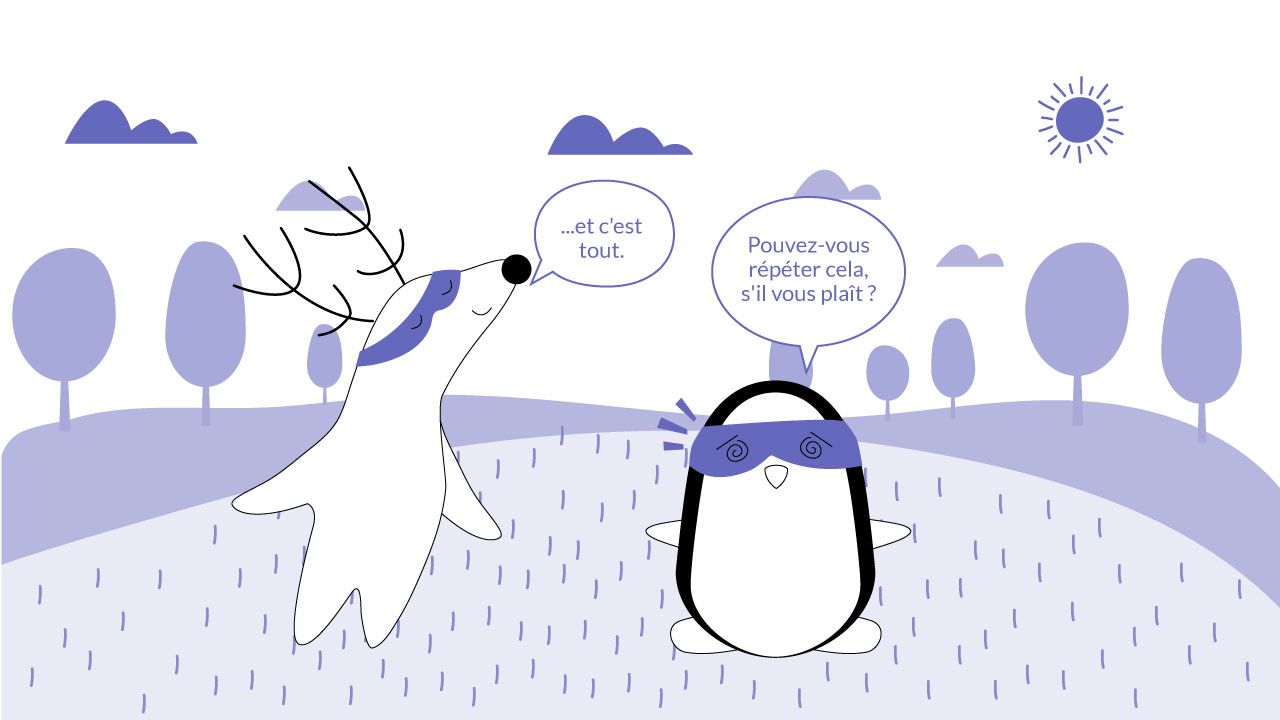
4. French Vocabulary Can Seem Easy... Until You Find Out False Cognates Exist
False cognates are words that look and sound alike in two languages, but have different meanings. As a result, they can easily lead to confusion and misinterpretation when used incorrectly. Here are some of the most common false cognates in French and English:
- Finalement (French – “eventually” or “in the end”) vs Finally (English – translated into French as “enfin”)
- Librairie (French – “bookstore” ) vs Library (English – translate to French as “une bibliothèque”)
- Éventuellement (French – “possibly, if need be”) vs Eventually (English, translated to French as “finalement”)
- Attendre (French – “to wait”) vs Attend (English, translated to French as “participer à”)
- Monnaie (French – “loose change”) vs Money (“Argent” in French)
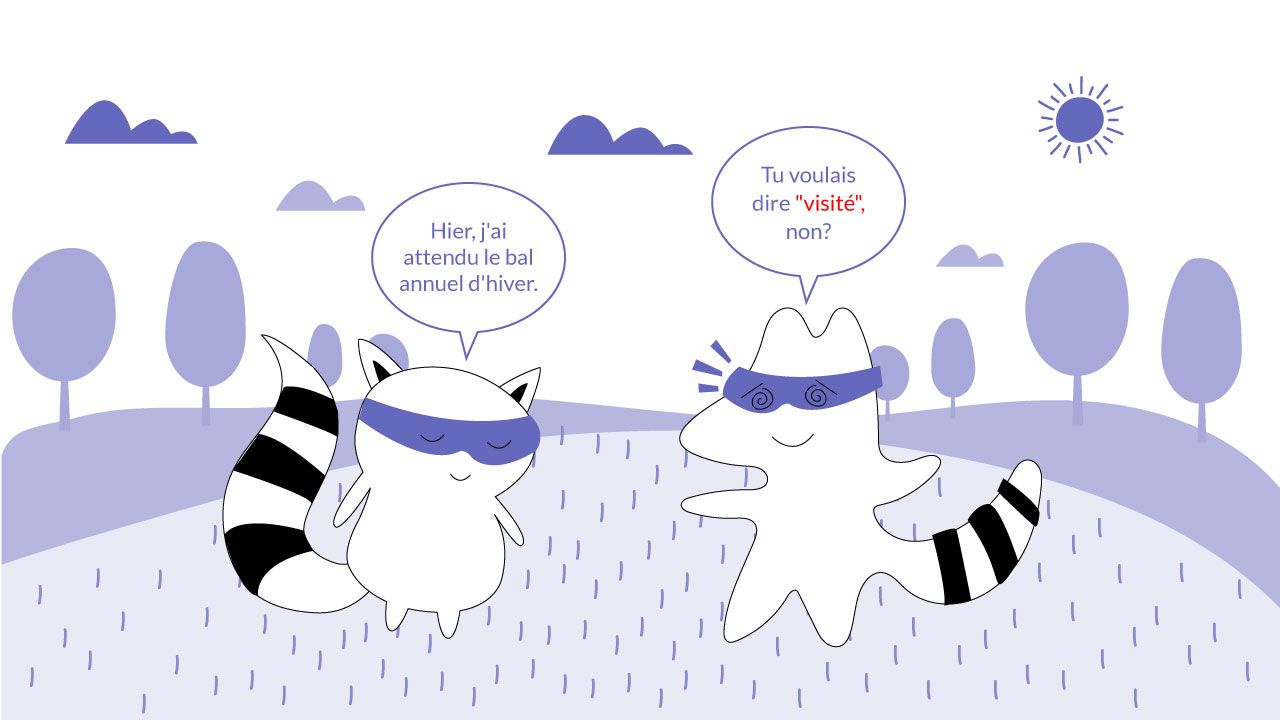
Using English words instead of French can lead to a lot of confusion. To avoid mistakes, don’t use words you’re unsure about, and try to check the meaning in the dictionary first.
However, if that’s not possible, don’t sweat about it – even if you misname something, native French speakers shouldn’t be offended. After all, French is a new language for you – you’re allowed to make mistakes.
5. Other Important Tips for Overcoming the Challenges of Learning French
Of course, these are not the only challenges of learning French. There’s also dullness that can come from boring classes, lack of motivation, or fear of speaking. Here are some other tips that should help on your language learning journey:
- Remember that regular practice helps you learn better. Find a way to introduce regular French lessons into your life: make a schedule of learning, try to use French as much as possible in your everyday life, fill your room with sticky notes full of French words and grammar constructions, or do something fun in French every day.
- Look for language learning methods that suit you and seem interesting for you. Watch French movies and listen to French music, join a French language class or online course, download a language learning app, or buy a workbook. Don’t hesitate to mix methods for a better effect.
- Find a conversation partner or tutor to practice with. This will help you overcome the fear of speaking and making mistakes – and also boost your confidence. With some help from another person, you should start speaking French in no time.
- Use an online dictionary or grammar guide to help you learn more about the language. This will help you keep the learning process more organized.
- Take time to relax and enjoy the process of learning French – it’s supposed to be fun, after all. Don’t hesitate to stop learning activities that don’t interest you and look for something more inspiring – this will help you keep your motivation up.
So, Is French Hard to Learn?
So, is French hard to learn? The answer depends on the person. For some, learning this beautiful language comes easily, while for others it can be quite a challenge. However, with a bit of hard work and perseverance, anyone can learn to speak French fluently.
Here are some tips on how to overcome the challenges of learning French: don’t be afraid to ask for clarification if you don’t understand something, try to relax and not worry about understanding everything perfectly, use English words sparingly (and only when you’re sure of their meaning), and practice regularly – for example, with Langster.
With all that in mind, learning French shouldn’t be too challenging or exhausting. If it is, analyze the process you’re going through – and look for ways to make it easier.







